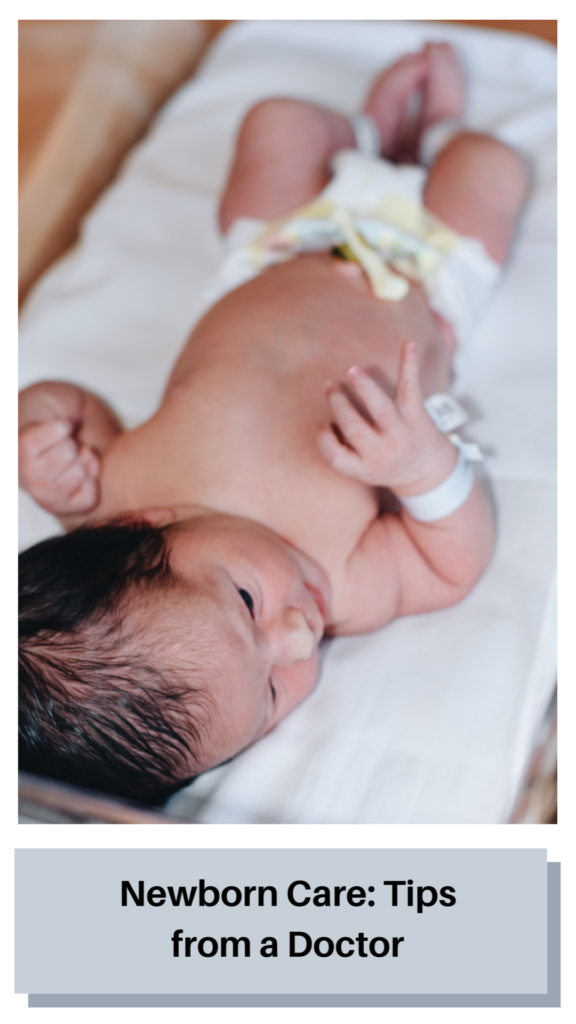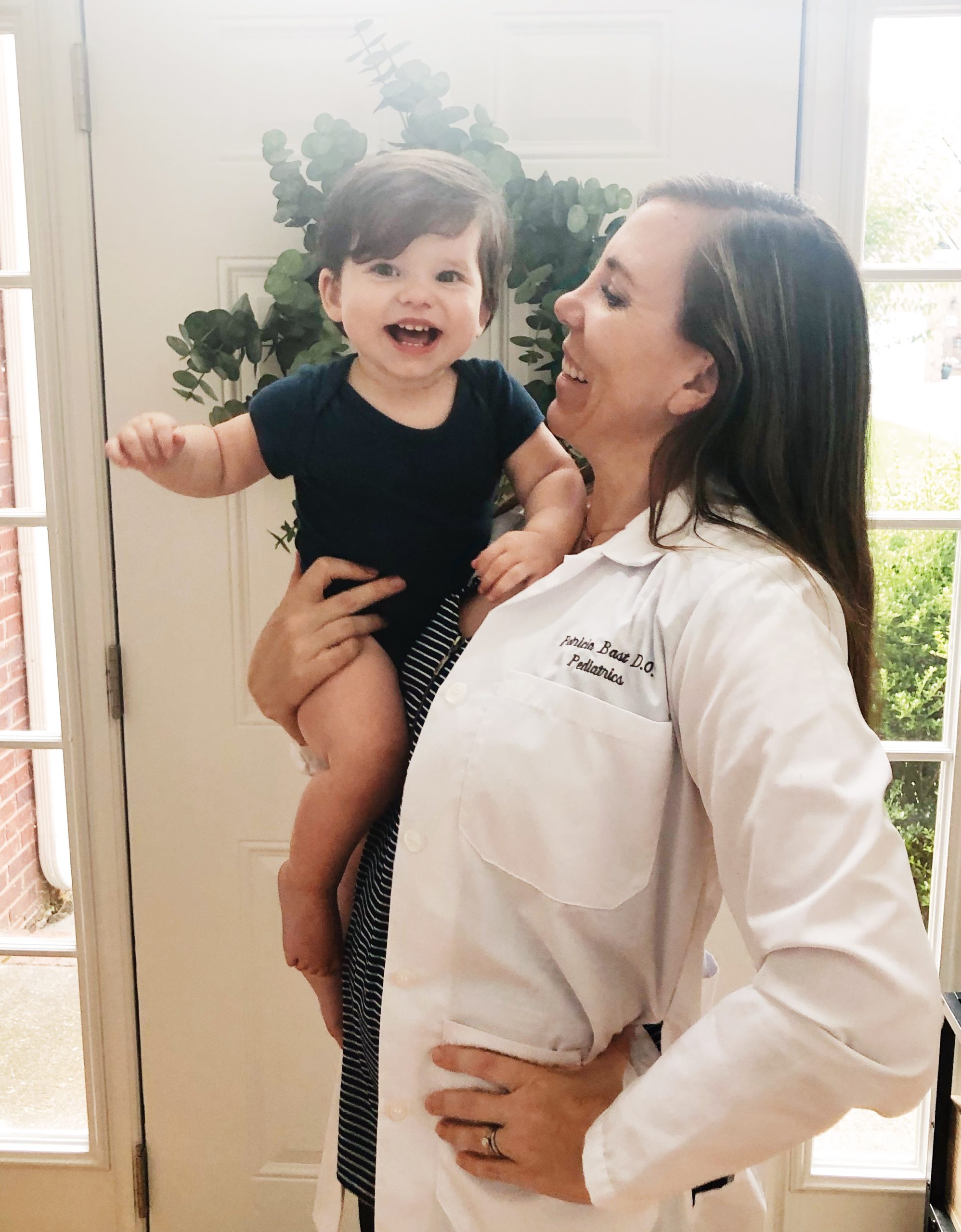Whether you are a new parent or have a small army of tiny humans running around, newborns can be intimidating. They don’t speak your language, are incredibly demanding, feel fragile and delicate, yet seem to develop super-human strength when attempting to change their clothes. They have sweet innocent faces and their cries have been scientifically proven to be one of the most never grating noises known to man.
Noises
Babies have narrow nasal passages leading to a musical symphony of noises. Additionally, they are obligate nose breathers. This means that if their nose is clogged for some reason they won’t be able to breath without crying (babies automatically take breaths through their mouth during crying) and need emergency medical attention.
Normal Noises: snoring, whistling, sneezing
Abnormal Noises: Grunting accompanied, with difficulties breathing or nasal flairing.
Baby poop
In a healthy newborn they will have their first bowel movement in within 24-48hrs. The first bowel movements consist of a thick black sticky substance called Meconium. Once the newborn clears the Meconium out of their system their poop transitions to a dark green and finally to a mustard yellow color.
– Depending on mother and baby’s diet your baby’s poop can be many different shades of yellow, green, or brown. All of this is normal. However, white stools and overt blood is NOT normal and your pediatrician should be consulted.
Umbilical Care
Once the umbilical cord is severed it begins to dry up, much like a scab. Your job is to keep the area dry and clean so that this can happen as quickly as possible.
– It is no longer the recommendation for rubbing alcohol to be routinely used to clean the umbilical cord because it can delay healing. However, if poop gets on the area cleaning it with a small amount of rubbing alcohol is okay.
– When baby needs a bath, do so with a washcloth. Do not submerse baby in water until the navel has fully healed.
– If you notice redness, puss, or swelling of around the umbilicus call your doctor and get medical care immediately.
Fever
In newborns a fever, defined as 100.5F or higher is an emergency. This is due to their immature immune system and under developed blood-brain barrier.


Dr. Patricia Bast was born and raised in Southern California. She earned a bachelors degree in science at UC Irvine, then went on to graduate medical school from Touro University College of Osteopathic Medicine in Northern California. After several years working as a pediatrician Dr. Bast choose to expand her training to include lactation consultant. Dr. Bast is now raising her children and taking care of patients in beautiful Georgia.